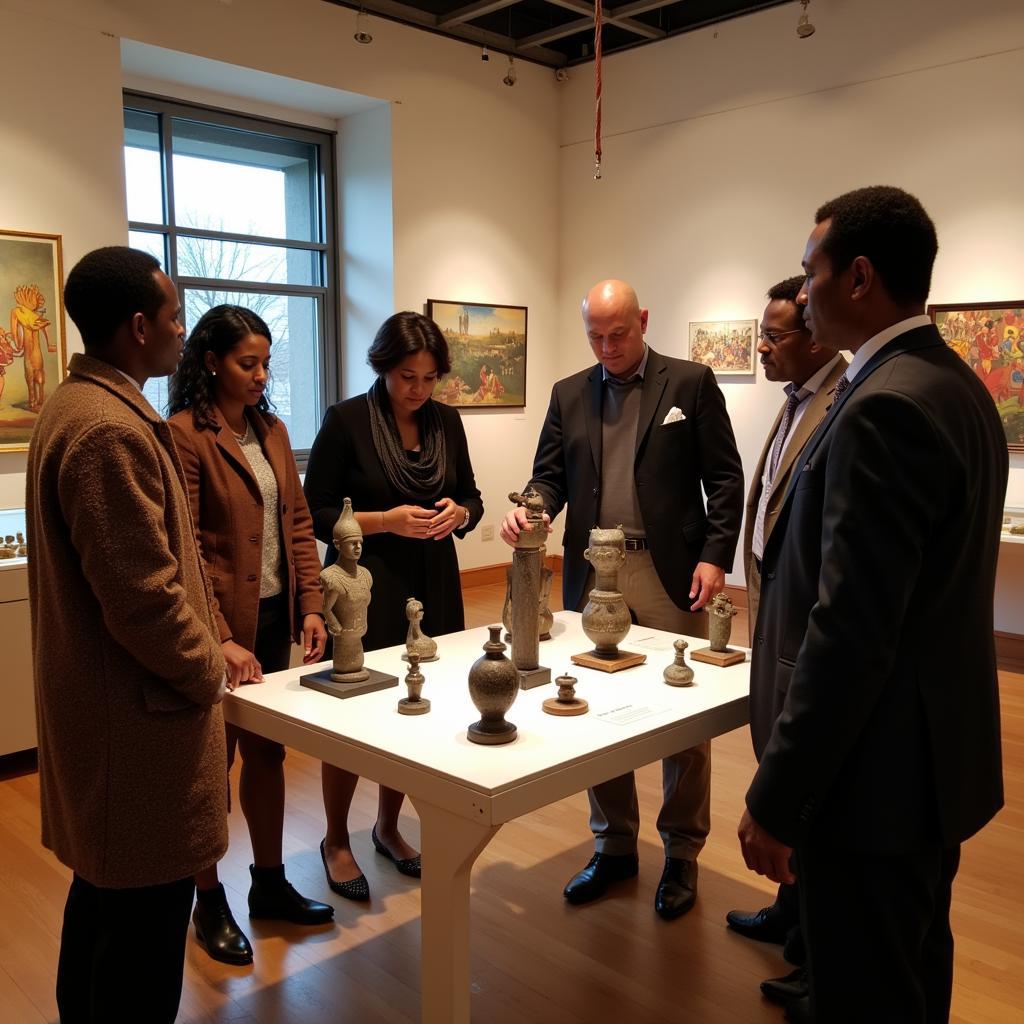African Constitutionalism and the Role of Islam
African constitutionalism, the system by which government power is limited and defined by a constitution, often finds itself at a complex intersection with Islam, a religion practiced by a significant portion of the continent’s population. This dynamic interplay raises critical questions about the relationship between secular law, religious values, and the lived realities of diverse African societies.
Navigating the Intersection of Faith and Law
One of the central issues within African constitutionalism is the degree to which Islamic law, or Sharia, is incorporated into national legal frameworks. Some countries, like Sudan and Mauritania, have adopted Sharia as a primary source of legislation, particularly in matters of family law and personal status. Others, such as Nigeria and Kenya, maintain a dual legal system where Sharia courts operate alongside secular courts, primarily addressing issues within Muslim communities. This coexistence, however, often leads to debates surrounding jurisdiction, conflicting interpretations of law, and concerns about potential discrimination.
The Search for Inclusive Governance
Many African nations strive to uphold secular constitutionalism, emphasizing principles of democracy, human rights, and equality for all citizens regardless of religious affiliation. This approach aims to ensure a neutral public sphere where religious freedom is respected, but religious institutions do not hold undue influence over government policies or the legal system. However, critics argue that a purely secular model may fail to adequately reflect the values and aspirations of societies where religion plays a significant role in public life.
The Influence of Islamic Principles on Governance
Beyond the formal incorporation of Sharia, Islamic principles often influence African constitutionalism in more nuanced ways. Concepts such as social justice, consultation (shura), and the common good resonate with many African societies, regardless of religious affiliation. These values have been integrated into constitutional provisions promoting good governance, accountability, and socio-economic development, reflecting a broader trend towards ethical and inclusive leadership.
Challenges and Opportunities
The intersection of African constitutionalism and Islam presents both challenges and opportunities. Striking a balance between respecting religious freedom and upholding universal human rights remains a constant endeavor. Navigating issues like women’s rights, freedom of expression, and the rights of religious minorities requires ongoing dialogue and a commitment to finding solutions that resonate with the diverse values and aspirations of African societies.
Ultimately, the relationship between African Constitutionalism And The Role Of Islam will continue to evolve as nations grapple with questions of identity, governance, and the pursuit of a just and equitable society for all.

